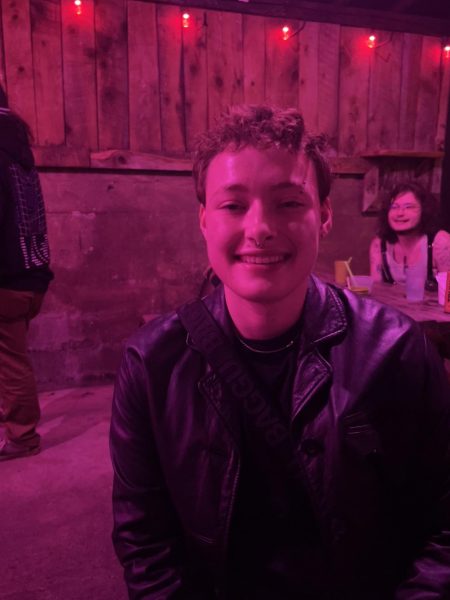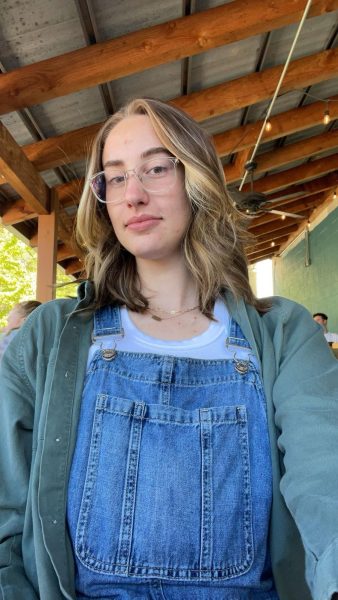The earth is round. This is not something that is up for debate. However, every semester speakers still return to campus to speak about how the earth is flat and try to convince students of this. Why go out of their way to spread misinformation on a college campus?
According to a survey done in 2021, 10% of people surveyed agreed that the earth is flat, not round. This is a pretty low percentage of people that agree with this conspiracy. Most people the flat-Earther speakers talk to are not going to believe them or even stop to think about or hear their spiel.
However, what if a few people do? These people are persuasive speakers and come with a host of printed pictures and sources that seem to support that the earth is flat. This ideology that the earth is flat is clearly dying out, and this is part of an attempt to save it. The speakers that come to App State and other similar groups are preying on college-aged students to adopt their ideologies so that they can live out in our generation. This is a dangerous thing. Conspiracy theories likely have the power to mobilize citizens in ways that are detrimental to a smooth running society.
Research has also found that people were more motivated to believe in conspiracy theories due to a need to feel safe in their environment. This is troubling because given the current state of the world and international affairs, college students especially are feeling less safe in their environment every day.
Believing in one conspiracy theory can often be a road to believing in others. For example, even though the campus speaker’s main talking point is flat Earth, he also speaks about the moon landing being fake among other theories.
One could argue that the flat-Earth conspiracy is relatively harmless, but what about other conspiracies, like the ones surrounding COVID-19? Conspiracy theories about COVID-19 were found to impact public and personal health in a negative way, such as contributing to reduced infection prevention behaviors. This is why it is so important to be aware of conspiracies and how they can contribute to real-life consequences.
If a theory is starting to die out then maybe it’s time to let it go, instead of trying to convince college students of a theory based solely on misinformation.






